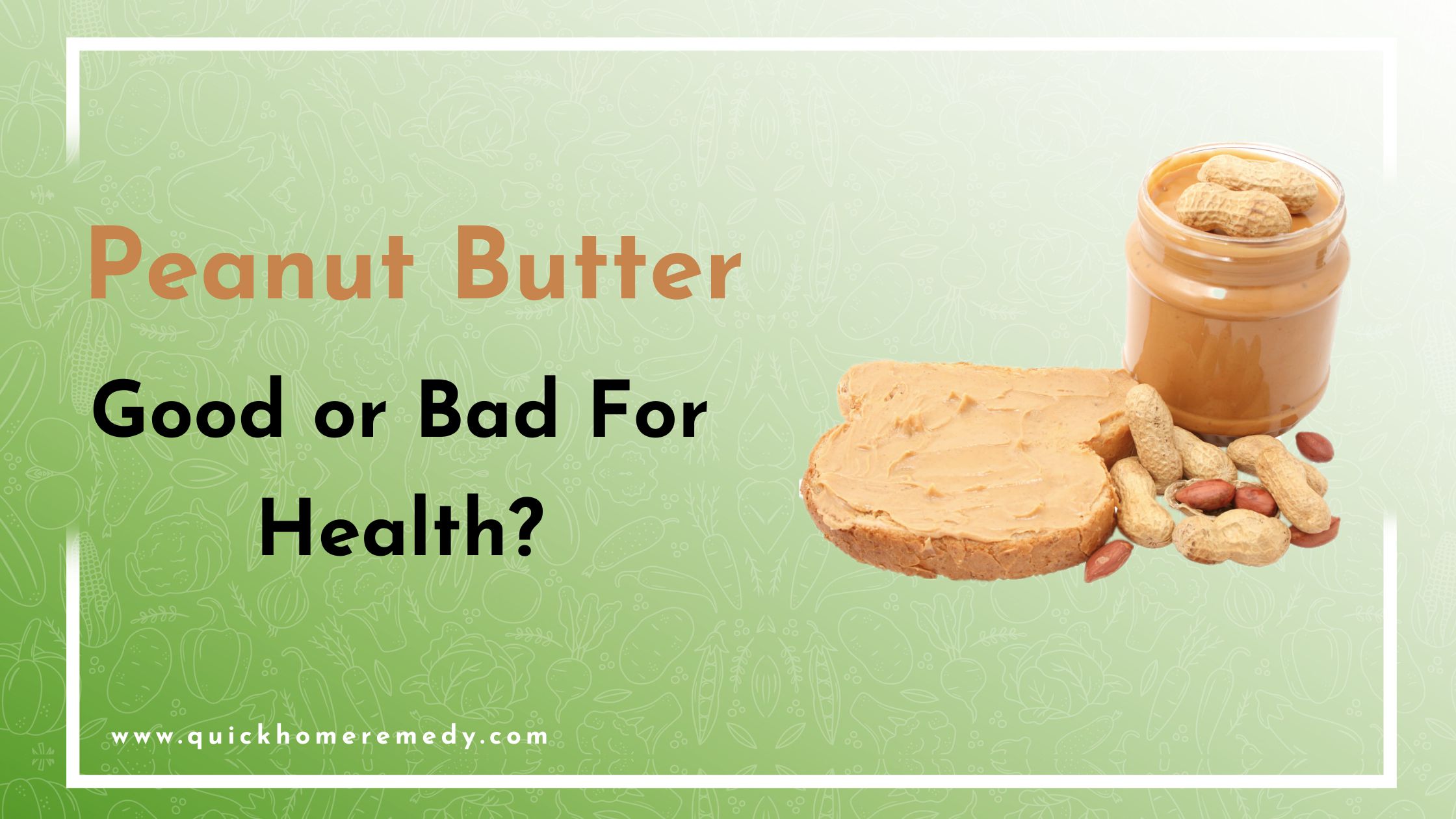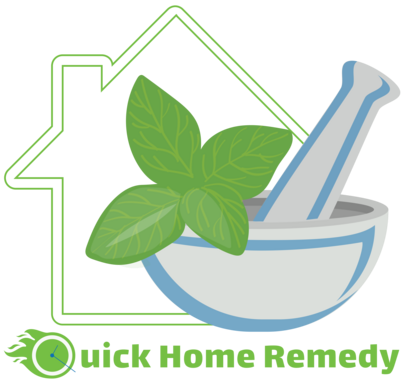
If you feel you cannot bet on good daily butter, don’t be bitter because there are better jars of butter.
Peanut butter, coconut butter and hazelnut butter have swept through supermarket aisles and left a nut butter food revolution in their wake.
These butter are everywhere: from deserts to toasts to salads, even in mains, and are nourishing alternatives to butter because they don’t contain harmful fats like trans fats. There are many organic versions of these butter available too. However, there can be too much for a good thing and nut butter is no exception. Before we get into quantity, let’s understand the qualities of the ones available.
PEANUT BUTTER
Loaded with the antioxidant vitamin E, bone strengthening Magnesium, Potassium (good for muscles) and vitamin B6 (boost immunity), peanut butter has lots of fibre and is a great source of monounsaturated fats. The best thing about fibre is that it keeps you feeling full for longer periods of time. In small amounts, peanut butter is good for weight loss.
Peanut butter also considers health benefits, because it boosts a person’s heart and blood sugar level. This butter has a healthy amount of calories and fat, so people should keep it in the diet at a balanced level. Peanut butter also contains Protein, Phosphorous, Sodium and minerals. It should be kept in an adults diet chart for healthy living.
COCONUT BUTTER
C Coconut butter builds immunity, contains fibre, iron and healthy monounsaturated fats. If you want to go coconuts, then choose the extra virgin or virgin options, these are the least Refined.
But how much is too much? This is where I urge you to relook at the part where I said that it is an alternative to butter. Be as judicious with nut butter as you would with regular butter because they are all approximately the same in calorie content. If you are in weight loss mode, have no more 1-2 teaspoon, but this could mean that you need to have oilless food for the rest of the day. It all depends on what your priorities are.
Kids, of course, have it easier because their bodies need – and burn – more calories. They could have at least 2-3 teaspoons a day, depending on their age and activity level. But again, the oil content of other foods will need to be kept at a minimum. Lastly, don’t entertain any products with added sugar, saturated fat, sodium and other unhealthy ingredients because it really does defeat the grand nutritional purpose of these exciting foods.



